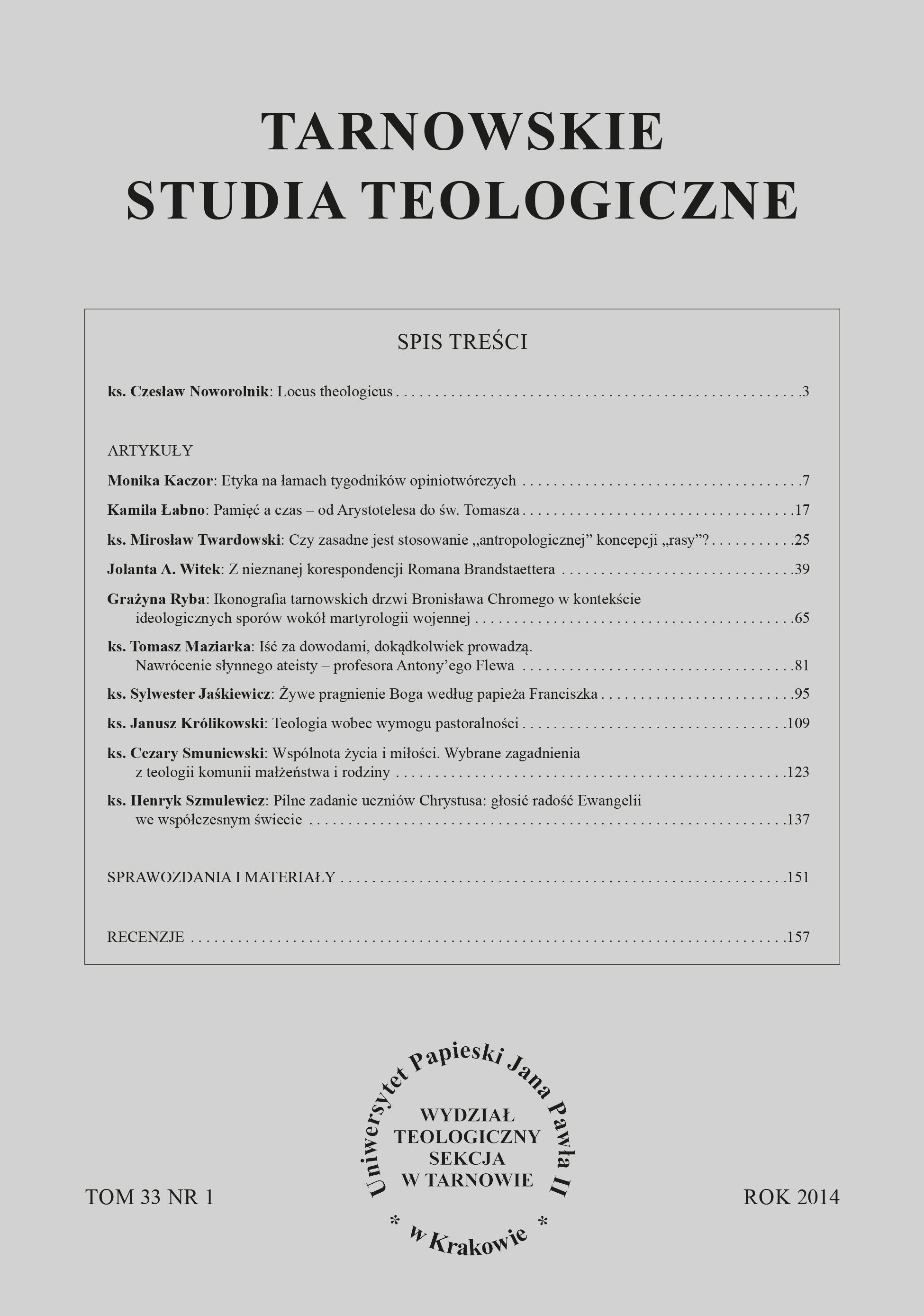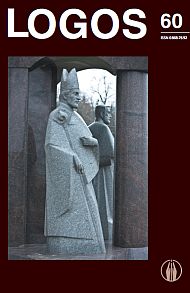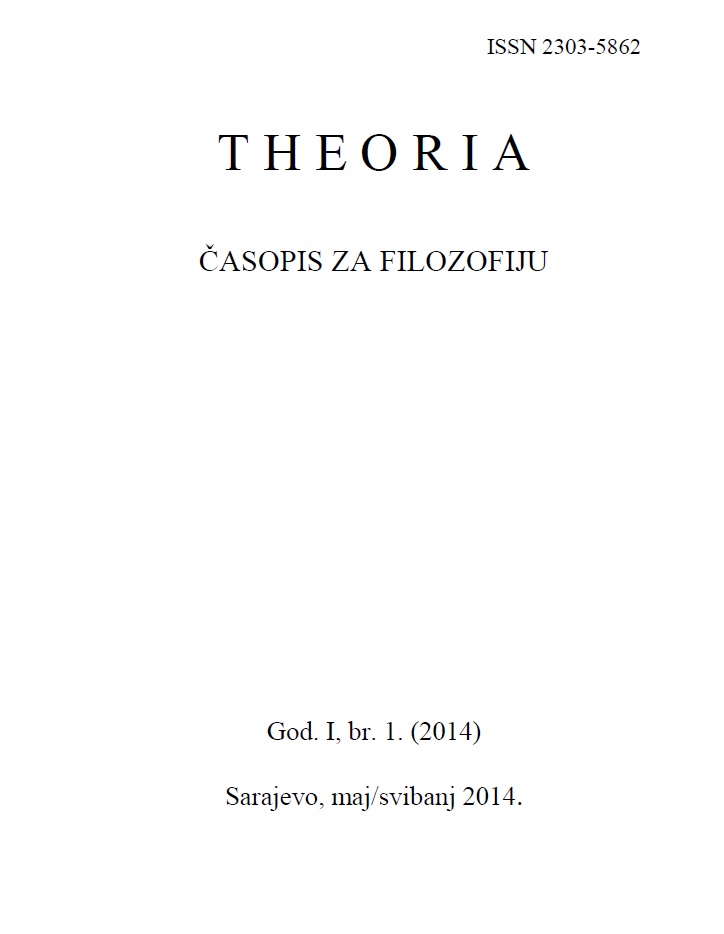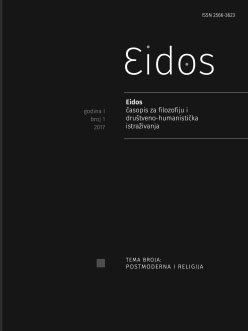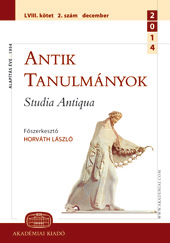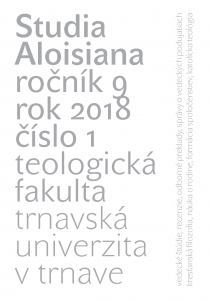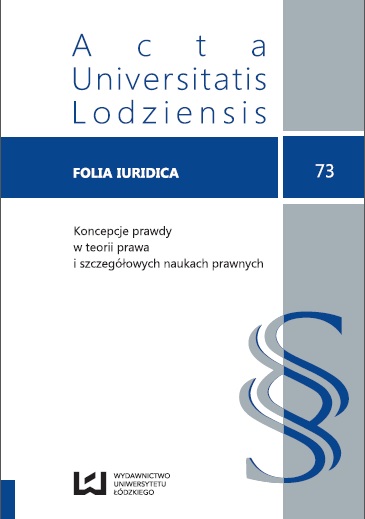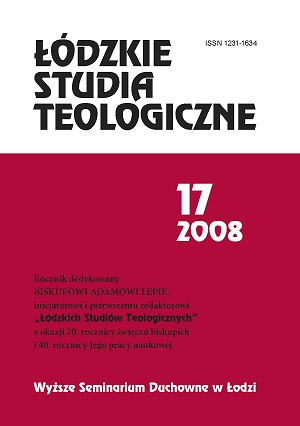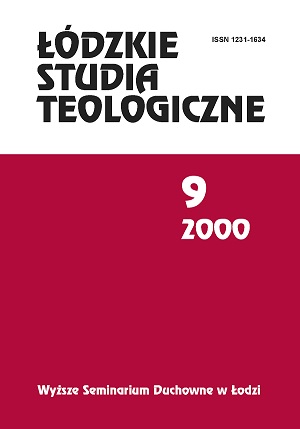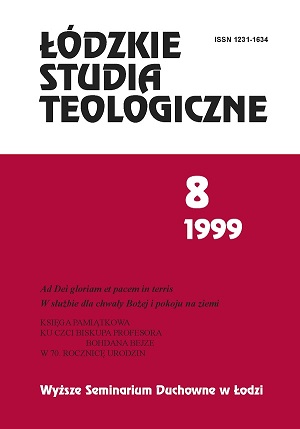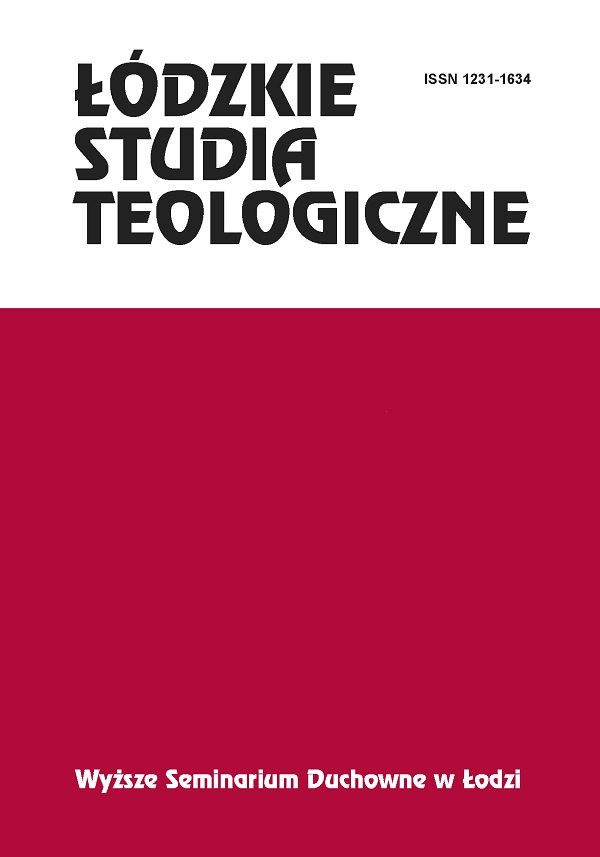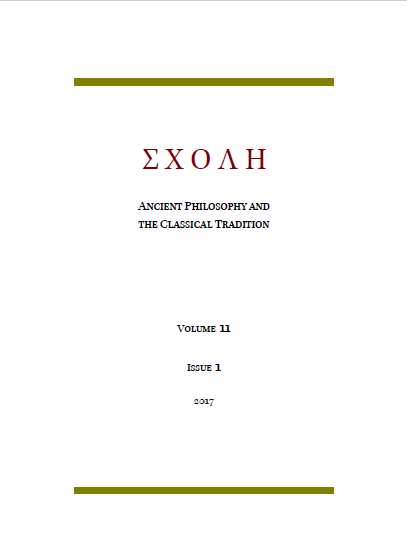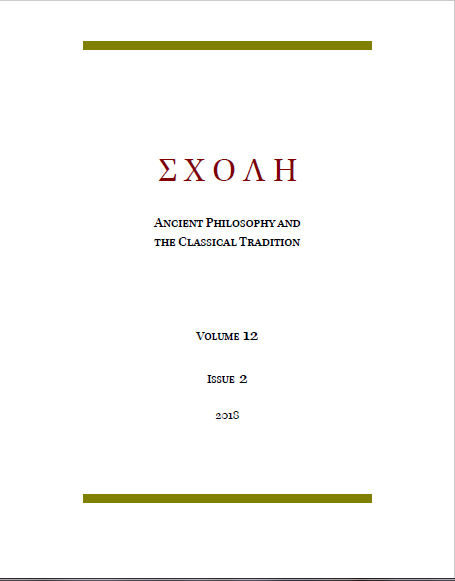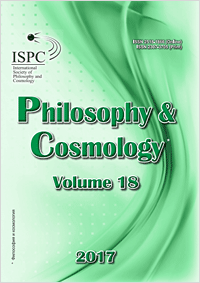Author(s): Damir Marić / Language(s): Bosnian
Issue: 1/2014
In many areas of research, painful and lethal experiments on animals are common practice. Some of the most brutal experiments are carried out by military scientists, but painful experiments are performed by many scientists from other fields such as medicine, veterinary medicine, etc. Recently, there are many scientists and philosophers who justify experimenting on animals. The two most important ethicists who advocate the inclusion of animals in the moral community, but from different positions, are certainly Tom Regan and Peter Singer. Regan holds that we have to oppose the viewpoint that living beings with inherent value are regarded as beings that are valid only in relation to our interests. He concludes that the viewpoint of the law will not be satisfied with anything else but with total abolition of the animal experimentation. What kind of terrible experiments scientists have been able to do on animals are clearly shown from the titles of the experiments that were published by United Action for Animals, among which are: "Straw", "Warming", "Ignition", ''Staining'', ''Centrifuge '', '' Brainstorms'', ''Thirst'', ''Freezing'', ''Bleeding'', ''Multiple Injuries'', ''Radiation'', ''Spinal cord injury'', etc. For experimenters, animals are nothing more than a research tool. Test results on animals are often unusable for humans. For a long time, toxicologists know that a substance which is toxic to members of one species can be harmless to members of the second and vice versa. Singer says that number of questions can be posed: how can non-sadistic people cause the psychological death of monkeys or warm up dogs to death? He holds that the answer is in the uncritical acceptance of speciesism. Speciesism gives justification to the scientists so that they can relate to animals as nonliving beings, consumables or parts of equipment, and not as beings that can suffer and whose interests we have to take into account. Partiality, whether specific or racist, can not be justified, and so it follows that an animal experiment can not be justified also, unless it is so important that we could justify it just as the use of a man with brain damage.
More...
